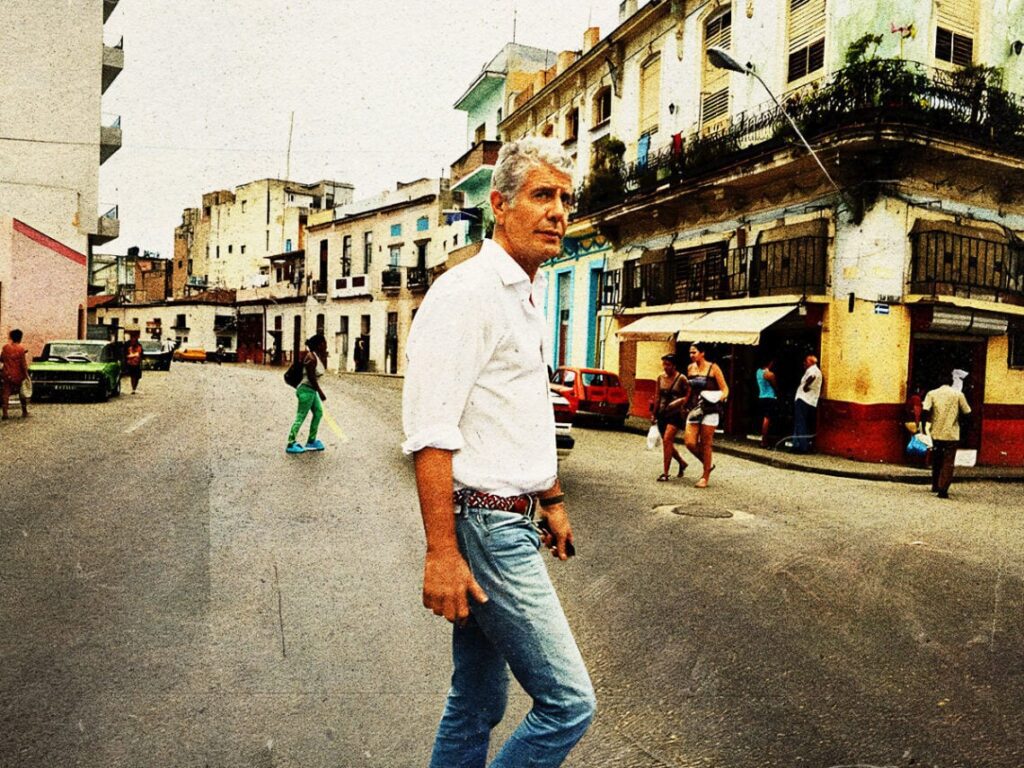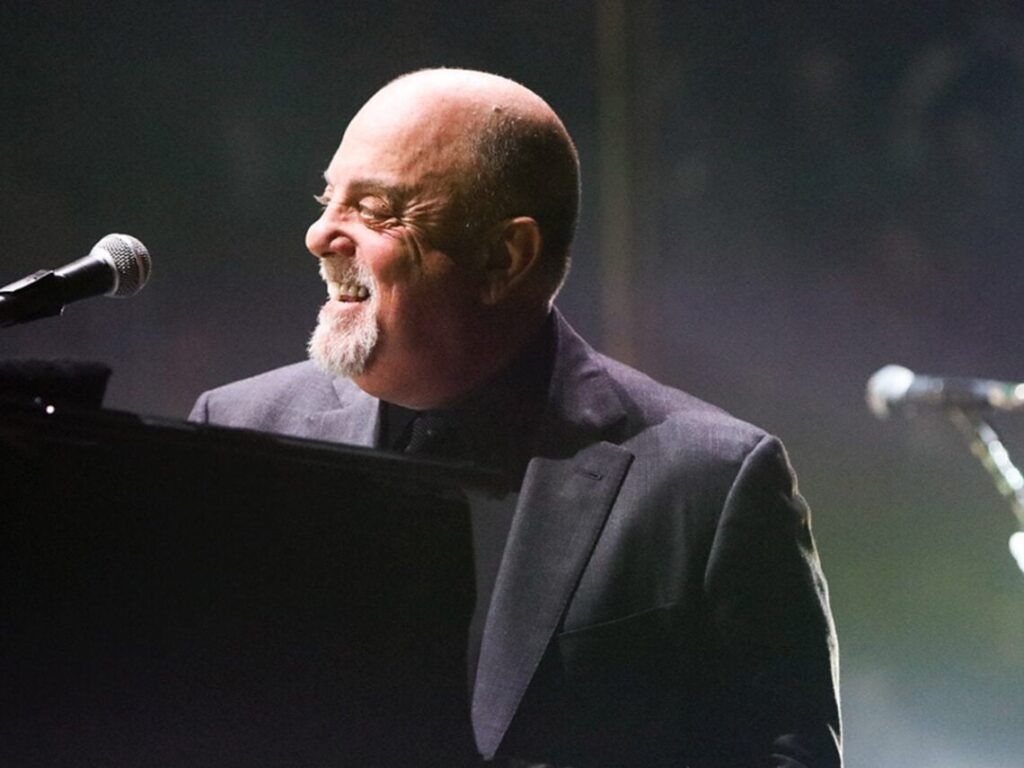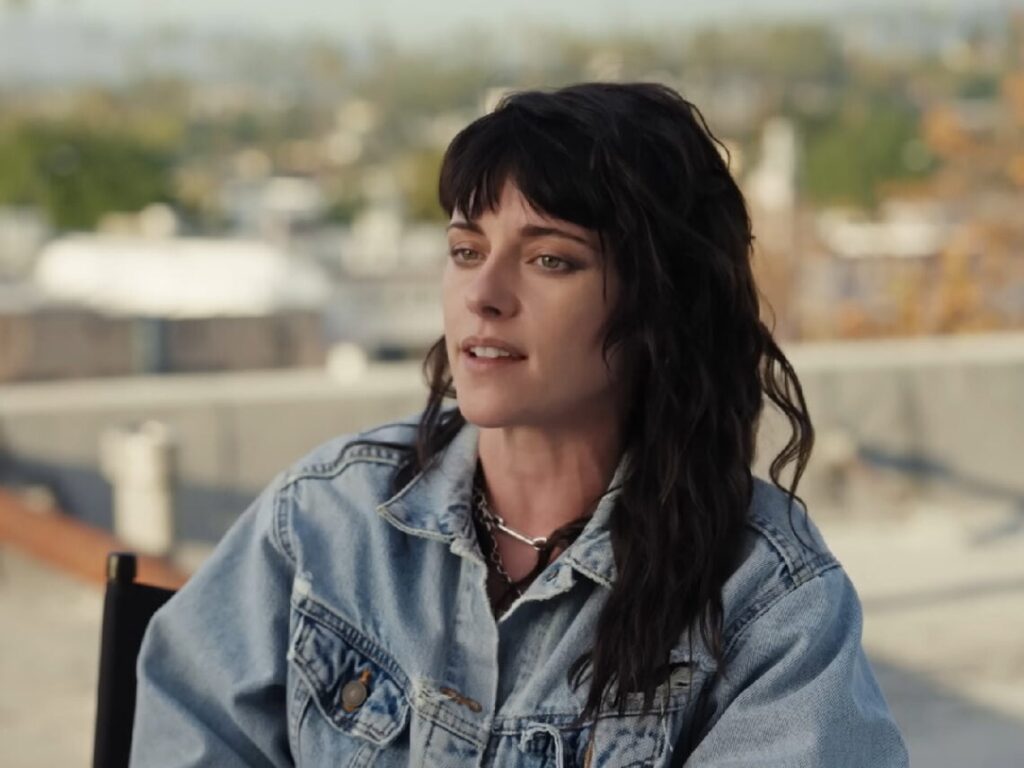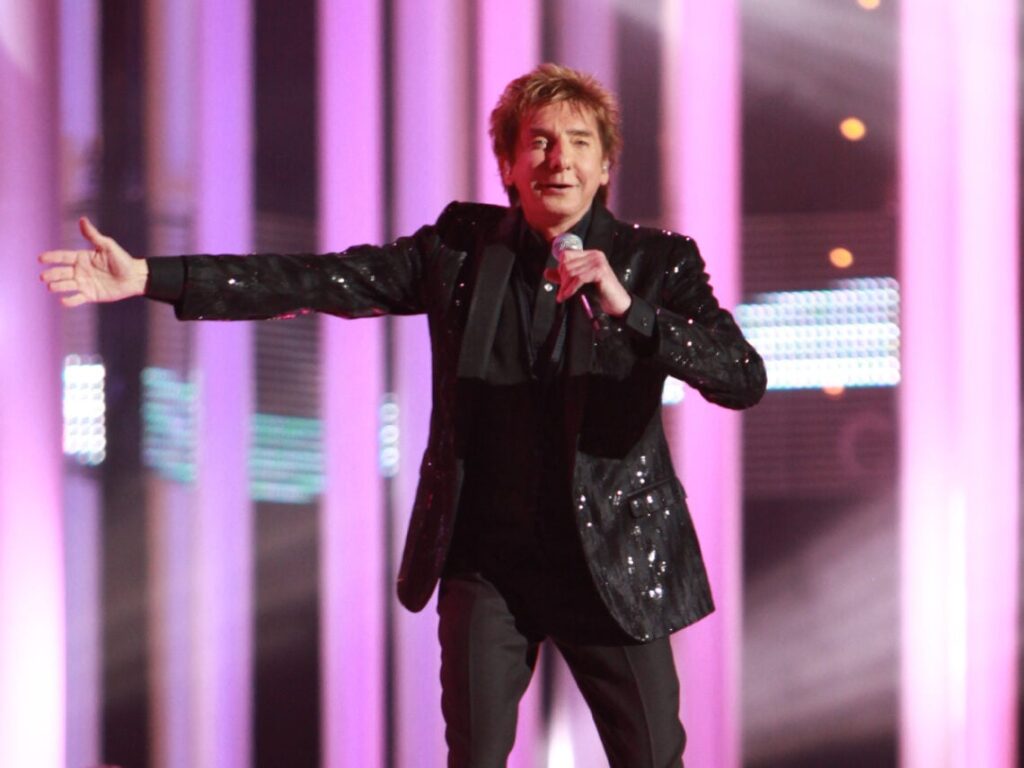The guitarist who was “an answered prayer” according to Anthony Bourdain
 Posted On
Posted On
(Credits: Far Out / Anthony Bourdain / CNN)
“I hate my fans, too. I hate being famous. I hate my job,” wrote Anthony Bourdain to his second wife, Ms Busia-Bourdain, in a text in the days leading up to him taking his own life. “I am lonely and living in constant uncertainty.” This is a quick insight into the complicated and tortured mind of Anthony Bourdain during those final days.
Towards the end of his life, Bourdain was incredibly isolated, frequently injecting steroids, drinking to the point that he blacked out and visiting prostitutes. His family and friends were relatively silent following his death, keeping quiet in their time of mourning and not wanting to indulge the press with information that led to the writer killing himself.
A lot of the information about Bourdain is still unknown; there are official and unofficial biographies out there, each of which have criticisms thrown against them, to the point that getting an idea of what was running through Anthony Bourdain’s mind in the build-up to his death is near enough impossible. We do know, however, that during life, he did manage to find a fair bit of solace in music.
When he was putting together different series, he always spent a lot of time thinking about what kind of score should accompany the scenes to create the right atmosphere. His passion comes from his childhood, given that his Dad worked at Columbia Records.
Bourdain was always open about how important music was to him, saying once in an interview, “For the first two-thirds of my life, I built my identity almost entirely by what albums I was listening to… If everybody else loved the Allman Brothers, I hated them,” he said. “My musical tastes reflected those feelings, I think, of being in opposition to everything.”
When you consider this attitude towards music, it’s hardly a surprise that Bourdain was a fan of the punk movement. Punk was essentially a response to everything that was considered popular. A voice was given to those who didn’t feel like the current industry spoke for them, and the product was messy, exciting, and chaotic sounds that still resonate in music today.
When the foundations for the punk movement were initially laid, nobody was more excited than Bourdain. When he first heard the song ‘Personality Crisis’ by New York Dolls, Bourdain was so enamoured with this new sound and its potential direction that he called it “An unanswered prayer.”
He continued, saying it was “The antidote to all the lousy music of the era. Loud, unapologetically sloppy. Johnny Thunders’ guitar made life worth living again and permitted everything good that followed, like New York punk. Joyously nihilistic.”
Music can bring with it a sense of calm that many people strive toward, regardless of what else might be going on in their minds. Anthony Bourdain had a lot going on, and we may never fully understand it, but it’s nice to know that moments of solace were found in music while he was alive.
[embedded content]


